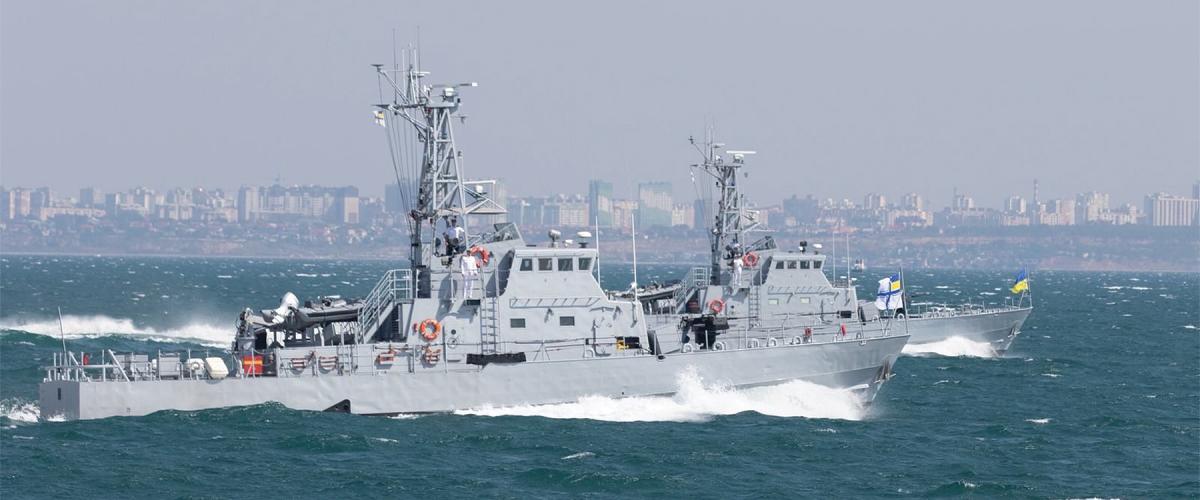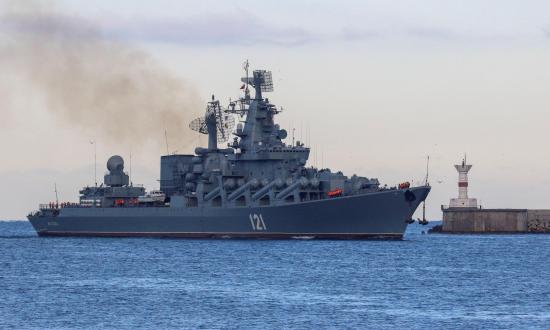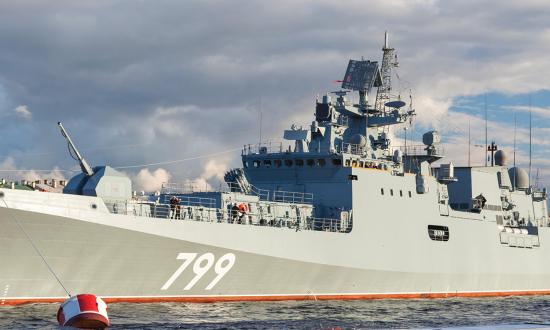Today’s war is a confrontation between autocracies and democracies. Moreover, “great power” countries and military-political alliances endeavor to avoid direct conflict with each other. This ensures the authoritarian great power a lack of a response from others and makes it believe it has impunity for violating international law and terrorizing adjacent countries.
Modern wars, including those at sea, reflect the confrontation of technologies and resources. Separate roles are played by the nation’s will to resist, information warfare, and other asymmetric warfare tools. However, the most critical factor for victory by a small country (resource-wise, territorially, and militarily) over a superpower is the struggle of coalitions around the warring parties. Without consolidated support and overall assistance, a nonaligned country cannot resist an enemy such as Russia, especially in the long run.
From experience, the size of the country that the “great tyranny” is trying to eliminate is not always important. A vivid example of this today is Ukraine, whose defense forces have been repelling the world’s second-largest army for more than a year. As for the battle at sea, the Ukrainian Navy, which the aggressor believes does not exist, has turned the Russian cruiser Moskva into an underwater museum. In addition, Russia has lost a significant number of ships and auxiliary vessels either sunk or damaged.
Because the Ukrainian Navy used all available assets, including unmanned vehicles, it has achieved a strategic effect. We forced the enemy fleet to move east of the meridian of Cape Tarkhankut (Crimean Peninsula) and denied Russian operational activity in the northwestern part of the Black Sea, even near Crimean harbors. These Ukrainian Navy efforts created a gray zone and enabled the Grain from Ukraine Initiative, which ensures the export of Ukrainian grain to countries in need. In 2022, more than 24 million tons of agricultural products were exported from initially blocked Ukrainian ports.
This proves that even a small fleet has its own strategic importance and requires significant attention during its development. Since the Russian annexation of Crimea in 2014, we have built the Ukrainian Navy from scratch. Our vision is based on the need to substitute Soviet principles of “mass and power” with Western principles of “quality” and “necessary capabilities.” Before the full-scale invasion in 2022, we were progressing through the first stage of the national navy development. Nevertheless, those capabilities—combined with the enemy’s overconfidence and underestimation of our forces—were enough to deprive the Russian fleet of a strategic initiative.
During any war, the frontlines on land are relatively clear, and the distance between the opposing parties is often only tens or hundreds of meters. Combat actions at sea, however, even in a maritime theater as small as the northwestern Black Sea, do not involve constant direct clashes or artillery duels between ships. Control of the sea depends on the reliable cover of naval forces from the air, the range of detection assets, targeting, and striking capabilities. In this context, one principle of naval power from famous American naval theorist Rear Admiral Alfred Thayer Mahan should be recalled: We must defend our own coast starting from the coast of the enemy.
Ukraine is the outpost for the protection of democracy. Our nation has proven it cannot only resist, but also defeat the world’s second-largest army. However, a critical factor for the victory of the democratic world over autocracy is decisive partner-nation support to Ukraine and the supply of weapons and resources. This is the only way to preserve the existing world order!







